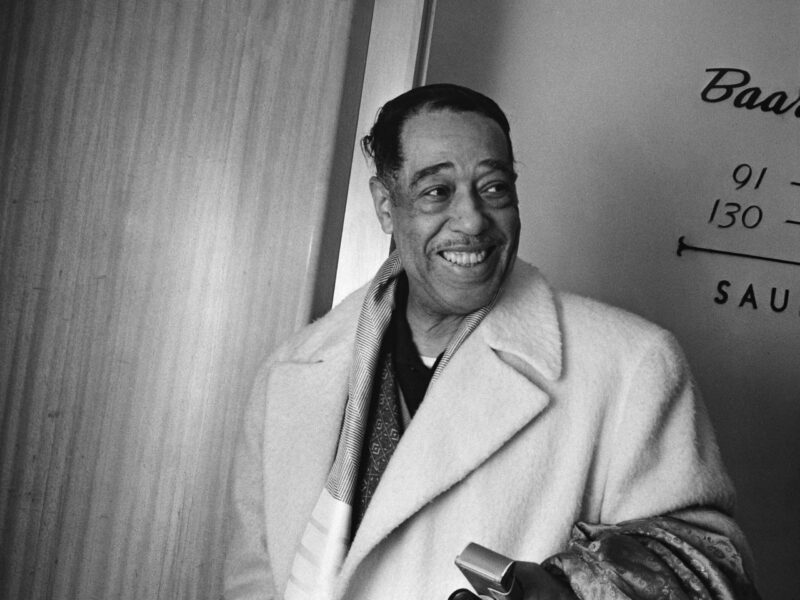Another Just What I Was Thinking (JWIWT) post…

Most of my working life has been spent in college preparatory schools. I have written two books on college readiness. I have written pieces on college admissions that have appeared in the Huffington Post…
See: “Playing the Odds: College Admissions”
https://www.huffpost.com/entry/college-admissions_b_2974892
… and the Portland Press Herald…
See: “Maine Voices: The odds of selective college admissions always favor the house”
https://www.pressherald.com/2013/02/14/the-odds-of-selective-college-admissions-always-favor-the-house_2013-02-14/).

During the past 18 months, I have written letters to the editors of a number of major newspapers concerning the current hot topic of legacy admissions. (Thus far, none have been deemed worthy of publication.)
Not only do I believe in the value of rigorous college preparatory academics, I love how college can act as a lever to change the trajectory of kids’ lives. All that said, I have a lot of problems with the current state of the process of admissions and the anxious mania so many people have about “getting in.” My hopes that the recent “Varsity Blues” scandal would shake things up never really materialized.
There’s plenty of blame to spread around. The colleges themselves are certainly complicit in fueling this mania. And Varsity Blues laid bare an alarming degree of parental dysfunction. Furthermore, our secondary schools — both public and private — have been far too accommodating in allowing the colleges to set their agendas on high school course offerings and the way those courses are taught.
As for the legacy admissions thing, I keep wondering why the only colleges we read about are the elite ones. After all, the vast majority of American colleges and universities are not elite. Many of them are simply engaged in a daily battle to do whatever it takes to survive. And now we’re going to tell them that they cannot give preferential admissions treatment to the scions of their alums who might have made good? Meanwhile, am I the only person who sees a blatant smugness coming from the elites who boast about doing away with legacy admissions as they sit atop gargantuan endowments that have been accumulated as a result of… wait for it… legacy admissions?!?
On the one hand, it is a good thing that colleges today are far more inclusive than they were fifty years ago in terms of class, gender, and race. But, it does sometimes seem that we may be fooling ourselves as to how open things really are, that maybe we are simply playing a perpetual game of trading one set of unfair criteria for another and calling it a “meritocracy.” Enter David Brooks and his 6/2/23 New York Times piece titled “Let’s Smash the College Admissions Process.” He writes:
We now have whole industries that take attendance at an elite school as a marker of whether they should hire you or not. So the hierarchies built by the admissions committees get replicated across society. America has become a nation in which the elite educated few marry each other, send their kids to the same exclusive schools, move to the same wealthy neighborhoods and pass down disproportionate economic and cultural power from generation to generation — the meritocratic Brahmin class.
Referencing Michael Sandel (author of The Tyranny of Merit – What’s Become of the Common Good?), Brooks observes that “the meritocratic culture gives the ‘winners’ the illusion that this sorting mechanism is righteous and inevitable and that they’ve earned everything they’ve got… And then we sit around wondering why Trumpian populists revolt.”
Brooks concludes, “… this system is built on a definition of “merit” that is utterly bonkers. In what sane world do we sort people — often for life — based on their ability to be teacher-pleasers from age 15 to 18?”
And that last point cannot be blamed on the colleges. That one sits at the feet of our secondary schools. We need to change our game… regardless of what the colleges (or the parents) want. Those of us who have spent the last four years developing the Discovery Process have done so in a deliberate effort to start with the most important players in changing that game: students and their teachers.
Onward, Malcolm



